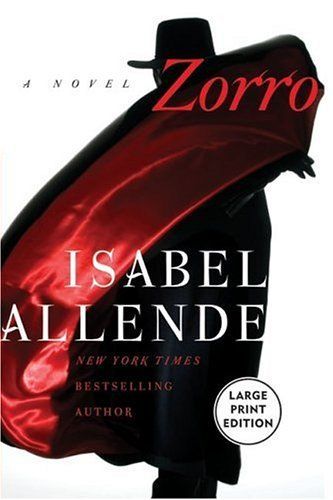Reviews
Elda Mengisto@eldaam
Emir Andrés Ibañez@erasibanez
Sarah Sammis@pussreboots
Luigi Mozzillo@mzll
Gigi V@barksandvino
Lindy@lindyb
David Barreda@inkaman
Jantien @joan_illusion
Haley Murray@fortunesdear
Zoey Mikalatos@zoeymik
Vanessa @nasa
Kaela Childers@kaela46
Kali Olson@kaliobooks
Bee @izziewithay
Veronica Palacios@squeegeefry
Kyra Ann Dawkins@kyra_ann_writes
Nona G@nonabgo
Francisca Moe@franmoe
Maria Vitória @osjardinsdemaria
Kelly Gorman@dreadpiratekel
Mahasin S Ameen@fivefootsmall
Isabella Stocka@isabellastocka
Giulia @fcbgiulia
Anna Pinto@ladyars
